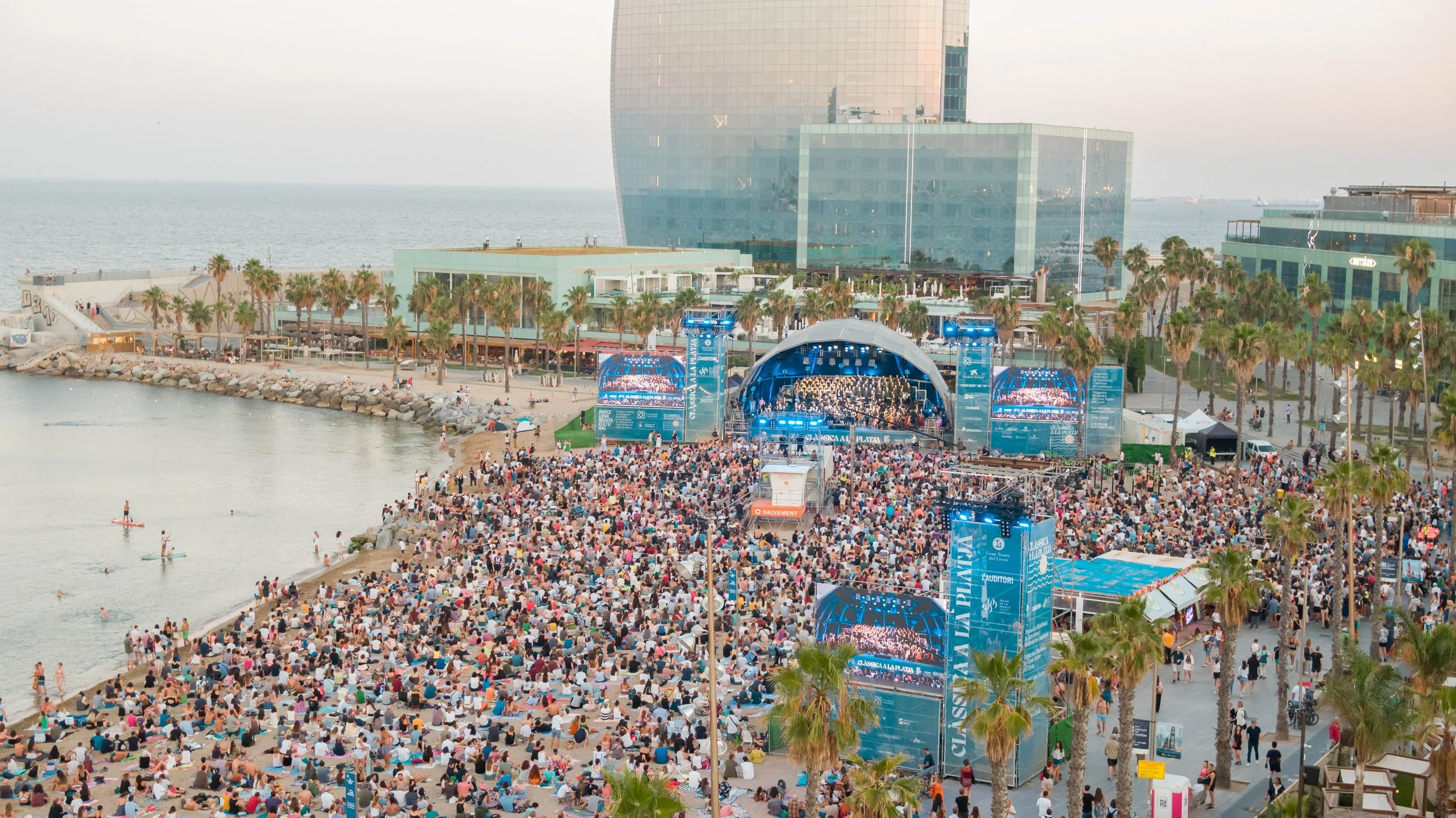Death of England: Delroy, @sohoplace Review
Paapa Essiedu in Death of England Delroy at @sohoplace. Photo by Helen MurrayWritten by Annie for Theatre and Tonic.
Disclaimer: Gifted tickets in return for an honest review. All opinions are our own.
As with any show transfer, there is always exaggerated anticipation for its opening based on its previous success, and the return of Death of England: The Plays is no exception. Having an almost complete run at the National Theatre in 2020 stopped by the dreaded ‘C’ word, the play(s) have returned to the West End opening as never seen before @SohoPlace.
Having started its journey as a play following three central character’s intertwining stories, the creative duo Clint Dyer & Roy Williams have reimagined the play, working it into three separate plays, in which each focuses on one individual's perspective on the overriding story. Made to work and be viewed as standalone plays, and as part of a trilogy, the plays all wonderfully tell the story for full context, without creating any mundane repetition across the storylines.
As often is tricky with one man plays, the story can seem quite biased (as to be expected) but can sometimes limit the complexity and exploration of the story outside of the individual’s personal experience. However, Dyer & Williams have expertly tackled this issue throughout the plays, despite being one man (except for the final instalment being a duo) they introduced monologues from the other characters in each of the plays to offer moments to zone out of the individual’s direct storyline and in turn adding complexity.
The plays focus on the highs and lows of what it means to be British in modern day England. Death of England: Delroy tells the story from the perspective of Delroy, a Black British working class man, intertwined with Michael’s racist family, and explores how Delroy shoulders this hate.
Read: Death of England: Michael, @sohoplace Review
It is a wonderfully studied story, and Delroy’s characteristics are brilliant, real and honest. Dyer & Williams’ writing is masterful, creating contrasts of light and dark, and resulting in a play that has excellent pace and interest to hold the audience captive from start to end.
Paapa Essiedu masterfully demands the stage throughout, withholding the audience’s attention from the very start. Interspersed with many audience interactions and moments of brilliant comical timing, the story is immensely powerful and exceptionally details the hideous nature of racism that is sadly still present even in 2024.
The play, despite its comedic, joyful moments, is incredibly hard hitting, and at times (speaking as a white audience member) uncomfortable - which is exactly what it needs to be. Art is made to challenge our opinions, and Dyer & Williams have enabled every audience to be able to question their self beliefs, and recognise other societal groups' daily battles.
Pieces such as this are so important for the West End, and it is such a joy to see @SohoPlace enabling so many wonderful modern stories access to a West End stage, and the opportunity to play to a wider outreach.
The only hesitation is perhaps how timely the story will remain, not for its base storyline, but for its very 2024 heavy references. Perhaps these and continue to be updated for the modern day as it goes on to perform, but it is very heavily reliant on these references, it may perhaps present problems in the future.
Sadeysa Greenaway-Bailey and ULTZ’s exceptional set design keeps the intent of the play at the front and centre throughout. A beautiful red cross fills the space, representing the British flag, whilst also zoning the space. It created boxed off areas to separate the story, whilst offering runways which keep the tempo of the pace at a strong pace. Evenmoreso working brilliantly in the round of @SohoPlace’s main stage, it enables the whole audience to see the play from different angles and perspectives.
Death of England: Delroy is an incredibly important story, performed exceptionally by Essiedu, and is the ticket that the West End has yearned for. A story for the ages, whilst remaining painfully relevant, this play is one I feel we need to confront ourselves and question how we see the future of Britain to look.
At SohoPlace until 28 September.
☆ ☆ ☆ ☆














